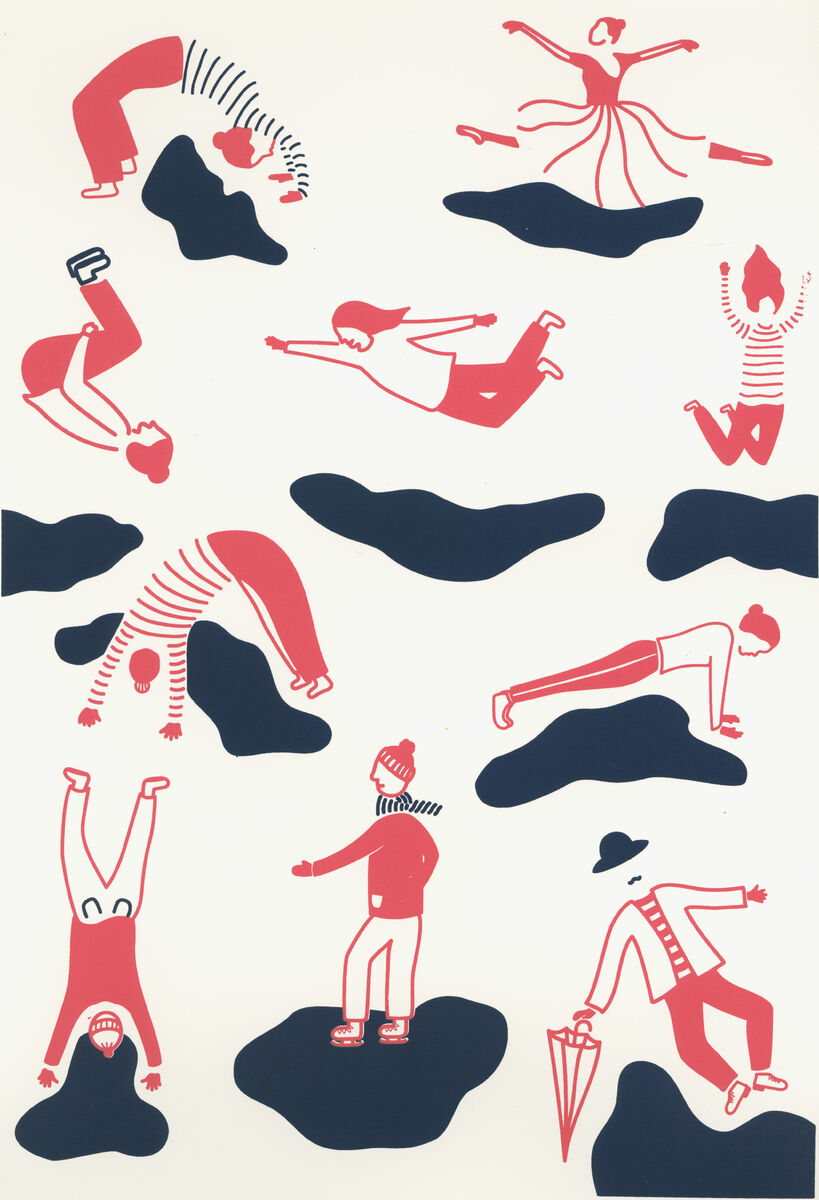Aquatic Ape
Humankind’s relationship with water is intense and has a long history. The earliest evidence of the use of aquatic resources such as fish and shellfish dates to the early Pleistocene, in Koobi Fora, Kenya. Fishing tools and boats have been recorded from the late Quarternary. However some scientists have taken theories of humankind’s relationship to water even further, through formulating the “aquatic ape” hypothesis: that there was a stage in our early human ancestors’s development in which they lived in an aquatic habitat. According to this idea, humans were evolutionarily adapted to an amphibious way of life. Although this hypothesis is not considered scientifically tenable in expert circles, the human relationship to water remains a very close one nonetheless. Water often seems to provoke an intense, almost magical attraction for humans. It is not surprising then that the recreational sector has flourished with the growth of mass tourism—marine tourism has risen steadily since the 1970s, and before the outbreak of corona virus, general tourism had been growing globally by 4% each year. The number of passengers on cruising ships had also doubled within 12 years, to 30 million. According to a 2016 report by the OECD, global direct value added in marine and coastal tourism was estimated at $390 billion, compared to $21 billion total global value added of industrial capture fisheries. The impact of such vast expansion on the environment, as well as on the social conditions of these much visited regions, is dramatic—it therefore remains vital to promote sustainable development of the tourism sector, as well as other ocean economies.
The illustration shows humans using water backgrounds for sports, and posing for social media.
Sources: Foley, Robert and Marta Mirazón Lahr, “The Role of “the Aquatic” in Human Evolution: Constraining the Aquatic Ape Hypothesis”, Evolutionary Anthropology, vol. 23, (2014): 56–59.https://www.researchgate.net/profile/Marta-Mirazon-Lahr/publication/261772339_The_role_of_the_aquatic_in_human_evolution_Constraining_the_aquatic_ape_hypothesis/links/5a539337a6fdccf3e2df8484/The-role-of-the-aquatic-in-human-evolution-Constraining-the-aquatic-ape-hypothesis.pdf
Monshausen, Antje, “Sonne, Sand und Vertreibung: Küstentourismus und sein Verhältnis zu Nachhaltigkeit und Menschenrechten”, Forum Umwelt & Entwicklung – Rundbrief, vol.1 (2020): 29-31.https://www.forumue.de/wp-content/uploads/2020/04/FORUM_rundbrief120_web20200421.pdf
OECD: The Ocean Economy in 2030, Paris, 2016.
